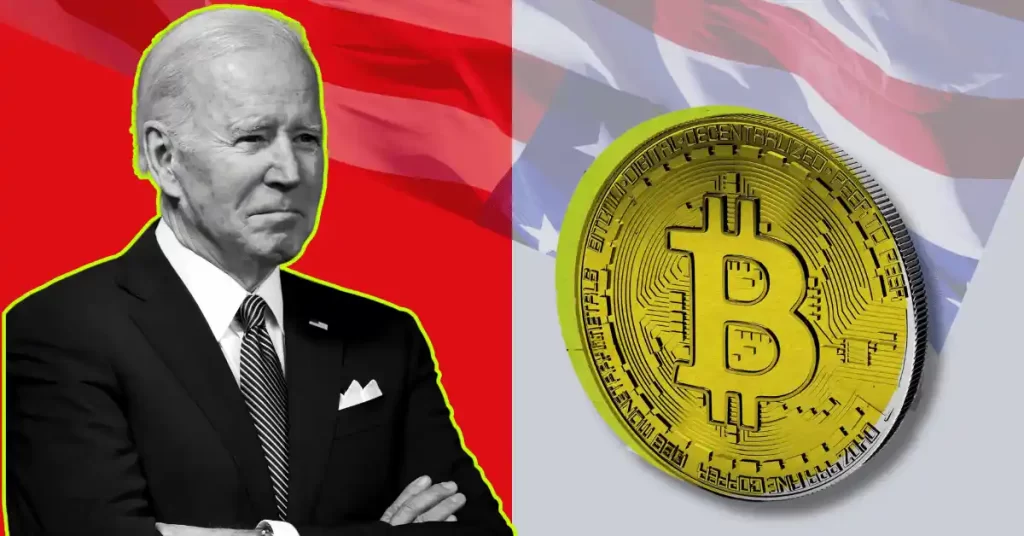U.S. Biden Administration Seeks Revisions to FIT 21 Bill for Better Consumer Protection, Says It Won’t Veto

The post U.S. Biden Administration Seeks Revisions to FIT 21 Bill for Better Consumer Protection, Says It Won’t Veto appeared first on Coinpedia Fintech News
The Biden administration has officially stated its opposition to the Financial Innovation Transparency (FIT) 21 bill in its present form, citing significant concerns over the lack of adequate protections for consumers and investors. Despite this opposition, the administration has expressed a willingness to collaborate with Congress to achieve a more balanced and comprehensive regulatory framework for digital assets.
Biden Won’t Veto FIT21
The White House has expressed opposition to the passage of the Financial Innovation and Technology for the 21st Century Act by the U.S. House of Representatives, citing inadequate investor protections. However, President Joe Biden has not threatened to veto the bill.
In a statement of administrative policy released on Wednesday, the administration highlighted its concerns about the bill’s potential effects on investors if it were to be enacted by Congress.
The press release stated, “H.R. 4763 in its current form lacks sufficient protections for consumers and investors who engage in certain digital asset transactions. The Administration looks forward to continued collaboration with Congress on developing legislation for digital assets that includes adequate guardrails for consumers and investors while creating the conditions needed for innovation, and further time will be needed for such collaboration.”
Hours after Securities and Exchange Commission (SEC) Chair Gary Gensler issued a strong opposition statement against the legislation, the White House also voiced its concerns. Gensler argued that the bill could threaten the SEC’s ability to regulate both traditional and crypto markets effectively. He stated that the Financial Innovation and Technology for the 21st Century Act (FIT21) would change the requirements for securities issuers to adhere to federal law and Supreme Court rulings.
Also read: USA Elections: A Detailed Look at Biden’s Crypto Policies in 2024
Proponents of the bill argue that current U.S. laws pose a continuous threat of civil litigation for crypto companies, effectively affecting their operations. Gensler countered this viewpoint by suggesting that these companies are seeking exemptions from standard disclosure and compliance obligations required of securities issuers.
Crypto Market Structure Bill
The FIT21 bill, supported by the U.S. Republican Party, aims to better regulate the cryptocurrency industry and gives more power to the Commodity Futures Trading Commission to oversee it.
Last week, over 60 crypto companies like Gemini, Kraken, Coinbase, and the Digital Currency Group showed their support for this bill through a letter. They argued that the current laws, which are almost 100 years old, are not suitable for today’s digital currencies.
Former U.S. President Donald Trump, a Republican, and his team are also backing this bill, as mentioned by Forbes. Trump recently announced he would accept campaign donations in cryptocurrency. House Speaker Nancy Pelosi (D-CA) is also considering a vote on the bill, as reported by The American Prospect.
The U.S. House of Representatives is expected to vote on the FIT21 bill this Wednesday, according to Forbes.
 NEW: The
NEW: The 


